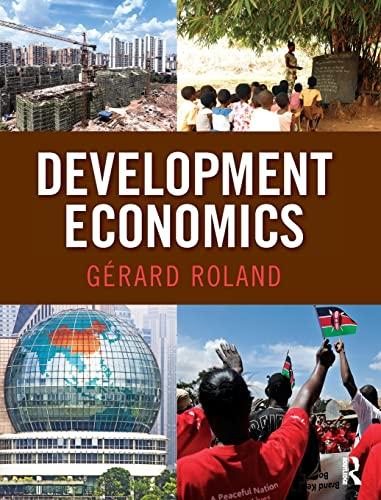Using the previous exercise, assume that the same competitive game can be played twice. Assume that in
Question:
Using the previous exercise, assume that the same competitive game can be played twice. Assume that in the beginning of the second period people can observe how people behaved in the first period. Does the analysis of the second period game change relative to what it was in the previous exercise? Explain.
previous exercise
Call x the proportion of people in a country who decide to behave in a corrupt and dishonest way. Assume that when people are honest, their payoff is L. Assume that when they behave in a corrupt way and are caught, their payoff is 0, but if they are not caught, their payoff is C > L. Assume that p is the probability of being caught when corrupt and that p is a negative function of x with p(0) = 1 and p(1) = 0. Show that there are two Nash equilibria, one where all people behave in a corrupt way and one where all are honest. Explain why these are Nash equilibria. Is there a third equilibrium? Explain how these equilibria come about.
Step by Step Answer:






